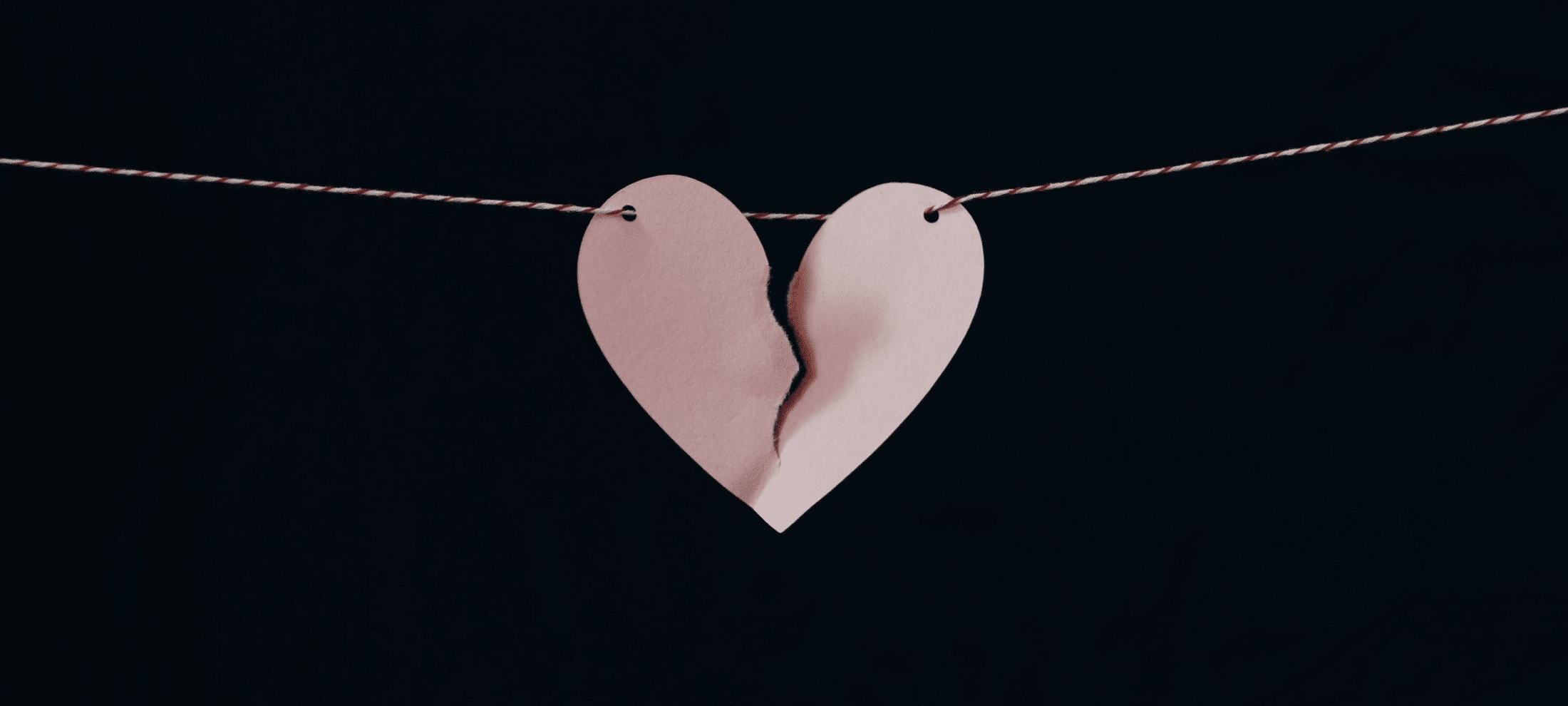
How to break up with a friend
Opinion + AnalysisHealth + WellbeingRelationships
BY Aisyah Shah Idil The Ethics Centre 16 AUG 2018
If your friendship is a battlefield, you’ve got to know when to wave the white flag. How do you break up with a friend – ethically?
It might’ve been a slow fade after leaving high school. A messy split over unpaid bills. Maybe it was an awkward part at the airport, or a text silence that lasted a few months longer than usual.
Though not as lamented as ending a romance, ending a friendship can be just as painful. Maybe even more. While some of that is because of the hurt and disappointment of any unfulfilling relationship, another part can be attributed to its ambiguity.
The due process owed to an ex (counselling, teary conversations, logical explanations to well-meaning buddies and family) doesn’t exist for the friendships in our lives. If we want to break up with a friend, how do we do it ethically?
If you’re keen to rip off the friendship band-aid, keep reading. Here are some questions our Ethi-call counsellors would ask to help you act in line with your morals and values.
1. What is the purpose of friendship?
Let’s get back to basics. Asking yourself what a good friendship looks like can help you see if there’s a disconnect between what you’d like it to be and what it really is.
A good friendship could be one where you:
- Love and accept each other
- Are role models for each other’s children
- Feel safe expressing your honest thoughts
- Feel grateful that you share each other’s lives
If any of these questions cause discomfort, maybe your friendship has crossed a line it shouldn’t have. What is your duty to yourself? Is it fair to expect these things?
2. How could you create the least harm and most benefit?
Owning that your needs aren’t being met is important. But equally as important are the needs your friend is owed in a reciprocal relationship.
- What are your obligations to your friend?
- Have you any part to play in this?
- What would a wise person suggest?
Every relationship takes effort. Part of loving someone, warts and all, is acknowledging the effort is worth it. But when that isn’t true, a breakup may not be the only way to deal with it. Consider if your actions are going to cause more benefit than harm – to all the people involved.
- What are the consequences (of a friendship breakup)?
- Is doing nothing an option? If so, what would be your tipping point?
- What will the lasting impact be?
A breakup isn’t the end of anyone’s story. People carry these formative experiences with them and may do so for the rest of their lives.
3. How can you preserve and prioritise dignity?
If you’ve considered all this and still think you need to end the friendship, remember to be kind. Considering why you were friends in the first place means this transition isn’t about kicking anyone when they’re down.
How will you break up? Does your friendship lend itself to a face-to-face conversation or is it better through email? Is one session or message enough or are more required?
Your friend might not agree with what you consider to be good and right, but handling such a delicate situation in a way that is in line with your moral character might be one of your greatest accomplishments.
Some positive outcomes might even eventuate, such as:
- Renewal of your friendship and commitment to each other
- Knowing that you both did your best
- Revelation in self-knowledge and commitment to personal growth
- Speaking well of each other to mutual friends (and meaning it)
- Shared sense of closure and grief
Friendships and relationships don’t exist in vacuums. Whether good or bad, a history of contact with each other comes with its own particular language, traditions and memories. None of us are the centre of the universe, and believing so runs counter to the reality of multiple subjective experiences. Continuing on that path can not only make it harder for you to be a friend, but for you to be fully human.
Even if it wasn’t love, you shared each other’s lives. And that’s always worth respecting.
If you or someone you know is at risk of harm or feeling suicidal, get help immediately. Call Lifeline 13 11 14 or 000 if life is in danger.
Ethics in your inbox.
Get the latest inspiration, intelligence, events & more.
By signing up you agree to our privacy policy
You might be interested in…
Opinion + Analysis
Health + Wellbeing, Relationships
Germaine Greer is wrong about trans women and she’s fuelling the patriarchy
Big thinker
Relationships
Big Thinker: Friedrich Nietzsche
LISTEN
Health + Wellbeing, Society + Culture
Life and Debt
Opinion + Analysis
Relationships




